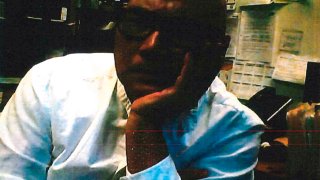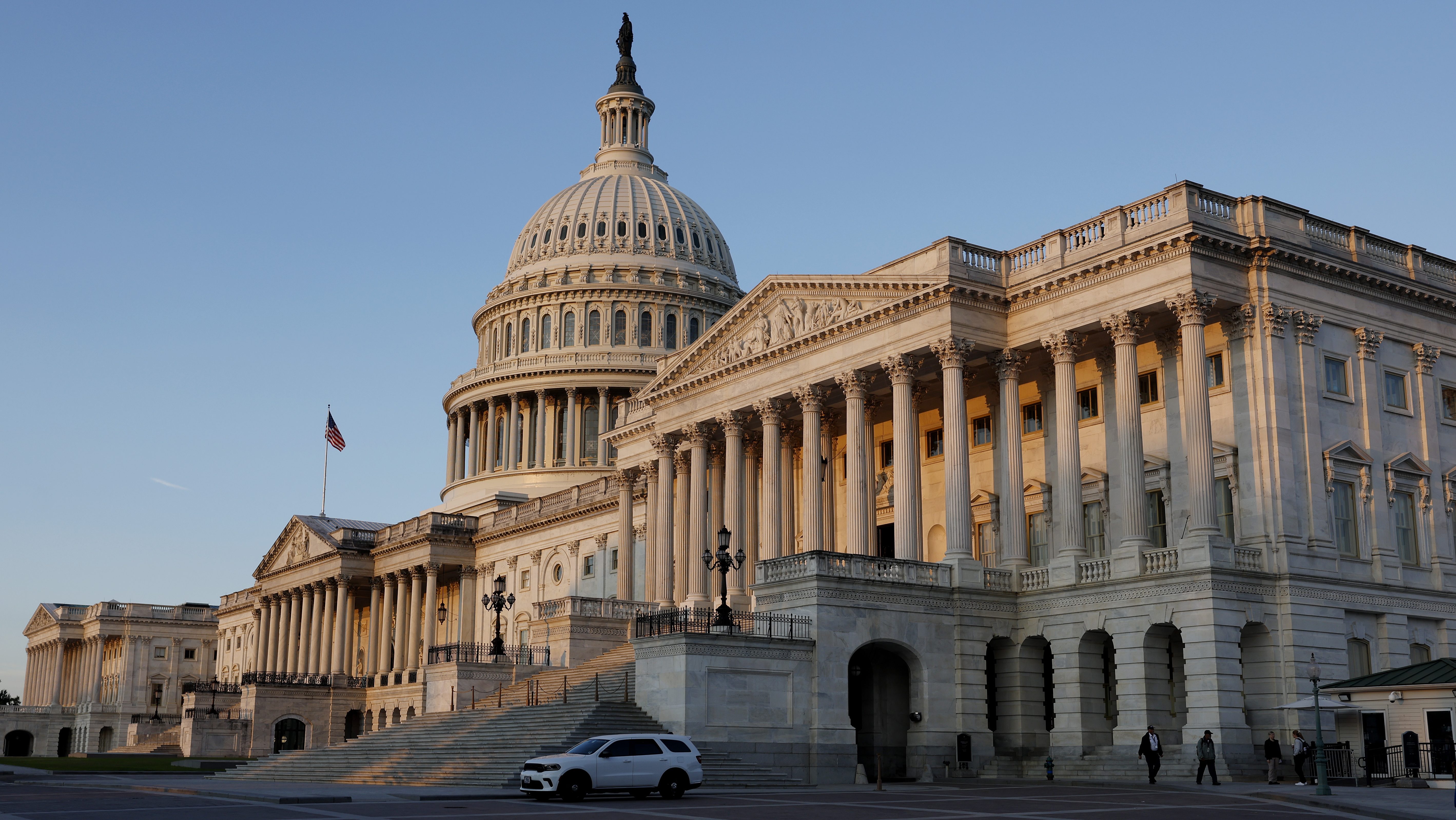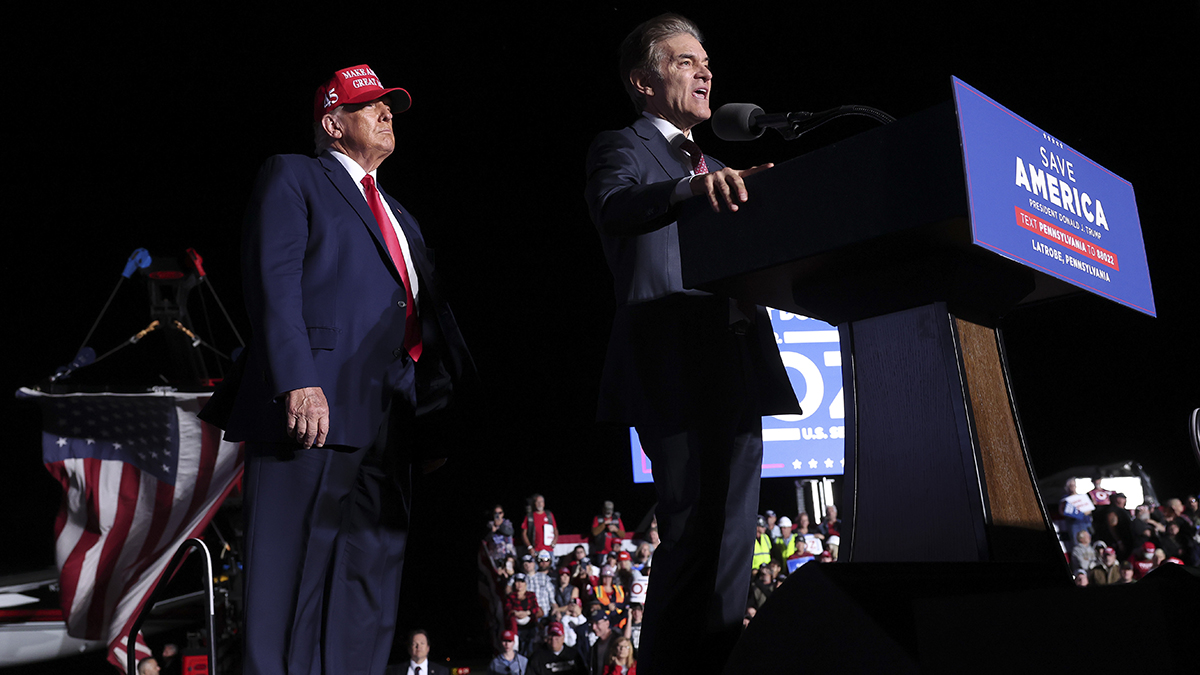
A former CIA officer and contract linguist for the FBI who received cash, golf clubs and other expensive gifts in exchange for spying for China was sentenced Wednesday to 10 years in prison.
Alexander Yuk Ching Ma, 71, made a deal in May with federal prosecutors, who agreed to recommend the 10-year term in exchange for his guilty plea to a count of conspiracy to gather or deliver national defense information to a foreign government. The deal also requires him to submit to polygraph tests, whenever requested by the U.S. government, for the rest of his life.
A U.S. judge approved the deal Wednesday and handed down the agreed-upon sentence, according to court records.
“I hope God and America will forgive me for what I have done,” Ma, who has been in custody since his 2020 arrest, wrote in a letter to Chief U.S. District Judge Derrick Watson in Honolulu ahead of his sentencing.
Get top local stories in Philly delivered to you every morning. Sign up for NBC Philadelphia's News Headlines newsletter.
Without the deal, Ma faced up to life in prison. He would have been allowed to withdraw from the agreement if Watson rejected the 10-year sentence.
Ma was born in Hong Kong, moved to Honolulu in 1968 and became a U.S. citizen in 1975. He joined the CIA in 1982, was assigned overseas the following year, and resigned in 1989. He held a top secret security clearance, according to court documents.
Ma lived and worked in Shanghai, China, before returning to Hawaii in 2001, and at the behest of Chinese intelligence officers, he agreed to arrange an introduction between officers of the Shanghai State Security Bureau and his older brother — who had also served as a CIA case officer.
U.S. & World
Stories that affect your life across the U.S. and around the world.
During a three-day meeting in a Hong Kong hotel room that year, Ma's brother — identified in the plea agreement as “Co-conspirator #1” — provided the intelligence officers a “large volume of classified and sensitive information,” according to the document. They were paid $50,000; prosecutors said they had an hourlong video from the meeting that showed Ma counting the money.
Two years later, Ma applied for a job as a contract linguist in the FBI’s Honolulu field office. By then, the Americans knew he was collaborating with Chinese intelligence officers, and they hired him in 2004 so they could keep an eye on his espionage activities.
Over the following six years, he regularly copied, photographed and stole classified documents, prosecutors said. He often took them on trips to China, returning with thousands of dollars in cash and expensive gifts, including a new set of golf clubs, prosecutors said.
At one point in 2006, his handlers at the Shanghai State Security Bureau asked Ma to get his brother to help identify four people in photographs, and the brother did identify two of them.
During a sting operation, Ma accepted thousands of dollars in cash in exchange for past espionage activities, and he told an undercover FBI agent posing as a Chinese intelligence officer that he wanted to see the “motherland” succeed, prosecutors have said.
“Let it be a message to anyone else thinking of doing the same," FBI Honolulu Special Agent-in-Charge Steven Merrill said in a statement after Ma was sentenced. "No matter how long it takes, or how much time passes, you will be brought to justice.”
The brother was never prosecuted. He suffered from debilitating symptoms of Alzheimer's disease and has since died, court documents say.
“Because of my brother, I could not bring myself to report this crime,” Ma said in his letter to the judge. “He was like a father figure to me. In a way, I am also glad that he left this world, as that made me free to admit what I did.”
The plea agreement also called for Ma to cooperate with the U.S. government by providing more details about his case and submitting to polygraph tests for the rest of his life.
Prosecutors said that since pleading guilty, Ma has already taken part in five "lengthy, and sometimes grueling, sessions over the course of four weeks, some spanning as long as six hours, wherein he provided valuable information and endeavored to answer the government’s inquiries to the best of his ability.”



